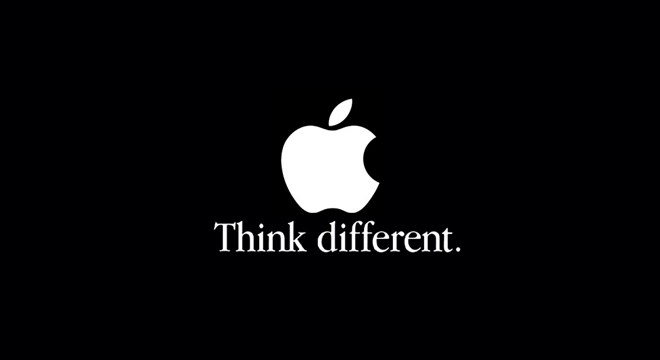
Should Apple unlock San Bernardino shooter Syed Rizwan Farook’s iPhone for more information? Apple refused because of the risks involved in the future. The FBI needs Apple to build software to unlock devices so as not to let something like the San Bernardino attack occur again. Read on for details on this controversy.
On December 2, 2015, 14 people died and 22 were seriously injured in a terrorist attack on the Inland Regional Center in San Bernardino, California, which consisted of a mass shooting and attempted bombing. The perpetrators of this terrible crime were Syed Rizwan Farook and Tashfeen Malik. On December 6 the husband and wife decided to carry out an act of terrorism after seeing Malik expressing his support for the Islamic State via Facebook.
The terrorists attacked a San Bernardino County Public Health Department vacation party and training event, attended by about 80 employees, in a rented banquet hall. The FBI is now asking Apple to create a software system that will unlock Farook’s iPhone to find more information.
Unlocking an iPhone is a hotly debated topic going on right now. One party believes Apple should cooperate with the FBI, the other party believes Apple should overrule the order.
NPR said the US Attorney’s Office for the Central District of California wrote in a court filing,
“This suggests to the FBI that Farook may have disabled the automatic iCloud backup function to hide evidence, and suggests that there may be relevant communications and important data around the time of the shooting that has so far not been accessed, may only exist on the SUBJECT DEVICE, and cannot be accessed. accessed in any other way known to the government or Apple.”
Encryption is too difficult to open. If the PIN is not hacked, the phone uses an auto-delete function which deletes the phone’s contents after 10 incorrect passcode entries, a compulsory delay between entering the passcode after a certain number of failed attempts, and the requirement for the passcode to be entered manually rather than quickly connecting to a computer.
Joseph Lorenzo Hall, chief technologist at the Center for Democracy and Technology, told NPR, “The encryption was so well done and so hard that they knew they couldn’t crack the encryption or they already did. ”
Apple is very protective of their devices. There is a passcode required for the device and a PIN number required to log into it. Without these codes it would be approximately impossible to get into it, meaning Apple might not even have the ability to break into a Farook phone. Apple also thinks making software might be helpful now, but too risky in the future.
Apple CEO Tim Cook said in an open letter, “In the wrong hands, this software — which does not exist at this time — will potentially unlock any physically owned iPhone… Government advises this tool can only be used once, at one cell phone. But that’s not true. Once created, these techniques can be used again and again, on any number of devices. In the physical world, it’s the equivalent of a master key, capable of opening hundreds of millions of locks — from restaurants and banks to shops and homes. No reasonable person would find that acceptable.”
Tech pundits have expressed their opinion on whether Apple should cooperate or resist in this case. Mark Zuckerberg, the creator of Facebook, is working with Apple.
“We sympathize with Apple on this one. We believe in encryption,” Zuckerberg said, according to NPR. “I don’t think it’s the right thing to try to block it from the main products that people want to use. And I don’t think that would be the right regulation or economic policy to implement.”
Bill Gates, creator of Microsoft, also sided with the FBI.
According to NPR, Gates believes Congress should settle the debate, but there’s debate about when the right time to hack is, and he’s with the FBI on this.
So, what’s next for this case?
Apple initially had five working days to formally respond to the court order. The current deadline is tomorrow, February 26th.
Reference:











